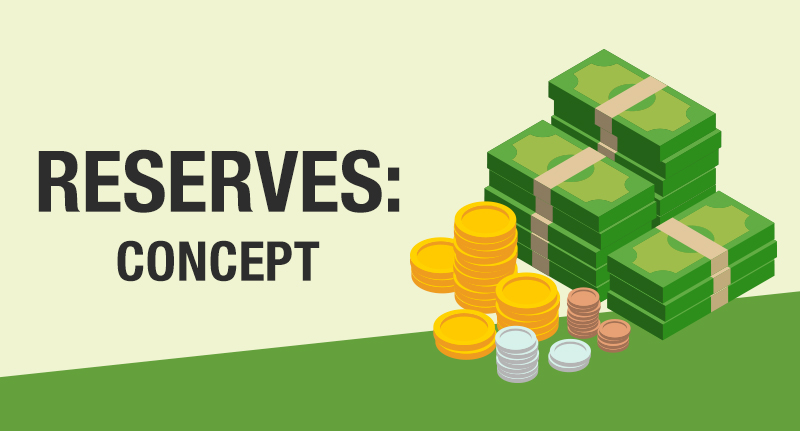In computing the total income of an assessee, being an individual or a Hindu divided family (HUF), section 80C deductions are applicable. This section tells us that if we invest our money into specific investment avenues like life insurance, subscription to certain equity mutual funds or debentures, etc., you will get a reduction in your tax payable amount by way of deduction from tax computable income. The deduction does not exceed Rs. 1,50,000/-.
But the question arises where to invest or if any expenses are made then which are the expenses which will get a deduction, right? So here is the list…
1. Life Insurance: Premiums paid toward all life insurance policies are eligible for tax benefits under Section 80C. This deduction can be claimed for premiums paid towards ensuring self, spouse or wife, dependent children and any member of Hindu Undivided Family (HUF).
2. Public Provident Fund: Public Provident Fund (PPF) contributions are eligible for tax deductions under Section 80C. PPF accounts have a maximum or utmost deposit limit of Rs. 1,50,000/- p.a., therefore, we can claim a deduction of the amount deposited in PPF account under Section 80C.
3. Stamp Duty and Registration Charges: While buying a property, one of the largest expenses you will have to bear is the 4.9% stamp duty and 1% registration charges of sale deed value in Gujarat. To give some benefit to the taxpayers or people are eligible to pay tax, the government has included these expenses under Section 80C of the Income Tax Act, 1961. To the benefit of taxpayers.
4. Sukanya Samriddhi Yojana: Investments made in Sukanya Samriddhi Yojana, which is a saving scheme for the girl child, are to be claimed for tax deduction under Section 80C of the Income Tax Act, 1961. A parent or legal guardian of a girl child, who has not crossed the age of 10 years, can open this account. Sukanya Samriddhi Yojana account can be opened for two girl children. We can open one account per one girl child and can be extended to a third if twins are involved.
5. As tuition fees (excluding any payment towards any development fees or donation or payment of similar nature), whether at the time of admission or thereafter-
(a). To any university, college, school or other educational institutions situated within India;
(b). For the purpose of full-time education of any of the persons as specified in the act.
6. As subscription of any units of any mutual fund referred to in clause (23D) of section 10 and approved by the Board of an application by such mutual fund in the prescribed form.
7. As subscription to such bonds issued by the National Bank for Agriculture and Rural Development.
8. In an account under the Senior Citizens Savings Scheme Rules, 2004.
9. The insurance, deferred annuity, provident fund & superannuation fund.
10. Unit-linked insurance plan and an annuity plan.
11. Pension fund and subscription to any deposit schemes as specified.
12. Principal repayment of the amount borrowed for purchase or construction of a residential house.
To learn more about taxation (income tax), join our classes Super20. S20 is well known for the Best Tally Classes and #1 Taxation Institute in Ahmedabad.




















